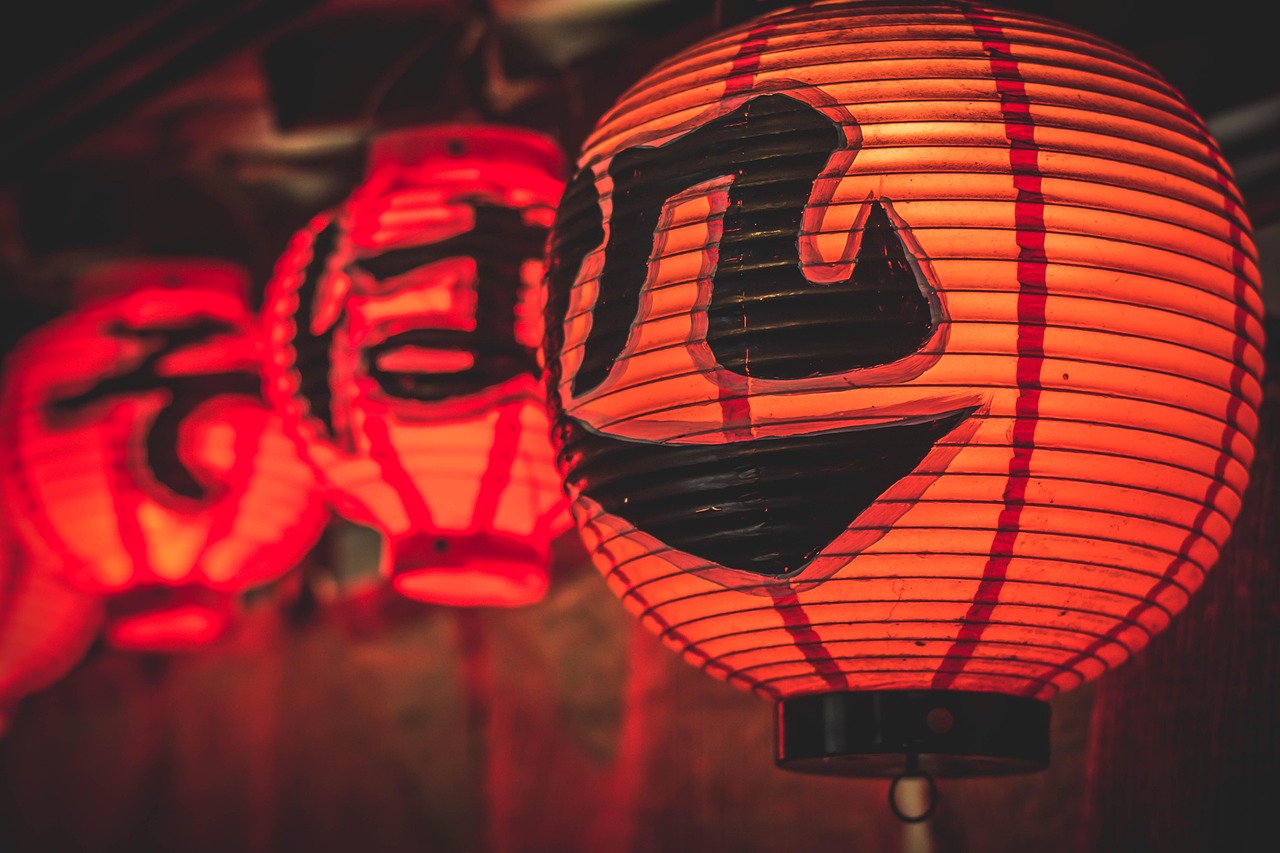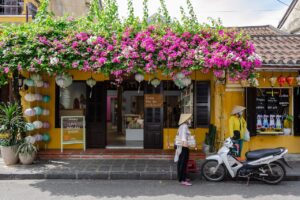Japan is home to a unique culture that encompasses both peculiar and fascinating customs. To foreigners, normal and everyday Japanese behaviors can seem bizarre and unintelligible! Because of this, we wanted to share with you some great Japanese traditions that you would most likely only encounter in Japanese culture today!
1. Special slippers for visitors are discarded as soon as they depart.
Japanese customs
It is a recognized tradition and a custom in Japan for all visitors to leave their shoes outside the house and to wear the house slippers that are meant for this purpose at the door (genkan).
Personalized slippers for visitors who only use them once
New slippers are provided to visitors, but they are discarded at the end of the stay.
2. The Japanese often don’t wash the fruits and vegetables they buy at the supermarket!
Customs of the Japanese people
When you buy the fruit from the Japanese supermarket and eat it directly without washing! Be confident that they care about cleanliness very much and that’s why almost all the products on the shelves are thoroughly washed before packing to be ready directly for eating.
Strict food hygiene and quality control regulations in Japan
A strict control regime is applied to hygiene and food quality. For example, if you accidentally took a product off the shelf, you cannot return it to its place, it must be handed over to the employee who will either disinfect it or dispose of it directly. However, washing products is an uncommon precaution.
3. Do not use the plastic seat case in public bathrooms
In Japan, you notice that the usual one-time toilet bag is only a basic thing.
Sterilize the toilets at each use
However, this does not mean that they use public toilets directly without sterilization! But instead they use layers of disinfected paper napkins (there are always disinfectants next to the toilet), and then wipe the seat with them thoroughly.
4. Underwear is not spread out in front of strangers when dried
Customs of the Japanese people
Due to the high humidity in Japanese apartments, clothes are dried on the balcony after washing. Meanwhile, Japanese women prefer not to expose their underwear to strangers!
Hiding underwear from authentic Japanese customs
And so that they hide panties and bras from prying eyes, a diffuser intended for this purpose is used.
5. Tap water is water that is suitable for direct drinking, even in public places!
It is recommended in most Arab and foreign countries to drink mineral water or install special devices for water filtration, but this is not done in Japan, specifically in Tokyo, where you can drink tap water there without fear that it may harm your health.
What distinguishes the Japanese people
The purest water to drink from the tap in Tokyo Japan In Tokyo you will find the purest water due to the strict procedures and high filtration requirements imposed. And this applies not only to household tap water, but also to subway stations, shopping centers and supermarkets.
6. Washing hands and gargling with water are habits of entering the House
For the Japanese, gargling (ugai) is as necessary a Japanese habit as washing hands. For hygiene and safety, gargling and hand washing are done as soon as you enter the House.
Gargling and hand washing are everywhere and not just done at home
These habits are not only limited to the home but you also find them at work or in the shopping center. Therefore, solutions for gargling are sold everywhere, but usually it is enough to use ordinary warm water or a decoction of chamomile to fulfill the purpose.
7. The bathroom has special slippers and it is not allowed to use them at home!
Customs of the Japanese people
It is not allowed to wear slippers for the bathroom at home and there are slippers for the house, walking inside the house with shoes outside is not allowed. This point seems logical but other than house slippers, there are other slippers intended for the bathroom that say “toilet”. And it’s usually authentic Japanese
Toilet slippers or bath slippers
It is not allowed to use such slippers outside the bathroom. This rule is followed in many public places including offices, hospitals and restaurants.
What are the traditions of Japan ?
Mastering some Japanese phrases is possible
Part of the problem lies in constantly higher goals. At first, I thought that it was enough just to master a few phrases to survive. But every time I met someone, they would ask me questions that I couldn’t answer.
So I learned more, even managed to have a conversation. Then I wanted to have a longer and more interesting conversation, until I finally realized that what I needed was to make myself understandable in speech and writing at about the same level as in English.
What do Japanese people like ?
Tokyo
I really think that anyone who is interested in Japan should learn a little Japanese. Everyday life is much better when you know a few key phrases: hello. My name is. Excuse me. Maybe it’s me No really please. Why not Oh come on, please. Are you sure Last chance. Well, be that as it may. Sorry for causing a scene. Even if I pay you No?: Hmm, well, I didn’t want to anyway.
But when I say” a little ” of the language, I mean it. In addition to a few survival sentences, you should think carefully about whether you want to continue learning Japanese or not.
So this is the second stage of the Japanese base of the project to learn some of the Japanese language for your upcoming tours to Japan will be great during your trip in Japan you will be able to communicate with them.
How to communicate with the Japanese ?
When I look at the very few people I already know who have succeeded, it becomes clear why. They would get up at four in the morning every morning to do speaking exercises, write 50,000 flashcards, or go to language school five hours a day.
Watch Japanese movies and read about Japan ?
Myself, I can honestly say that I spent at least 4000 hours actively studying and this does not include watching Japanese movies, singing karaoke, having conversations all day in Japanese, working in Japan.




